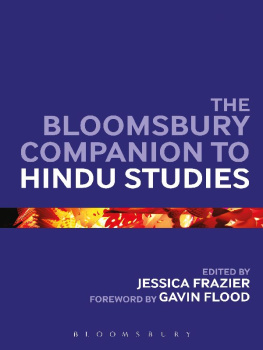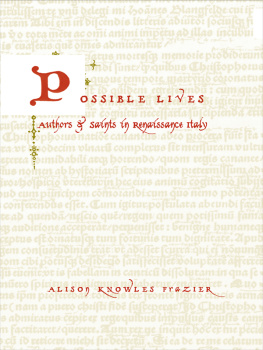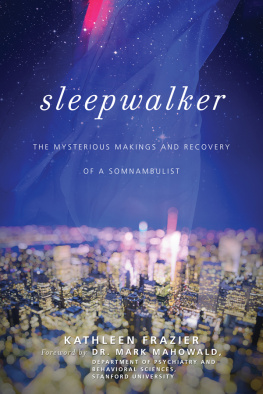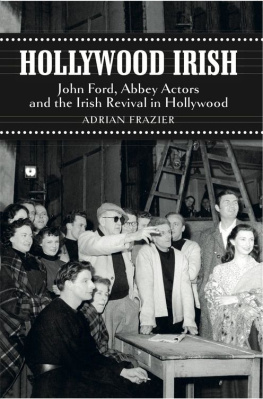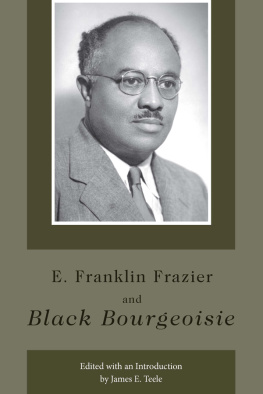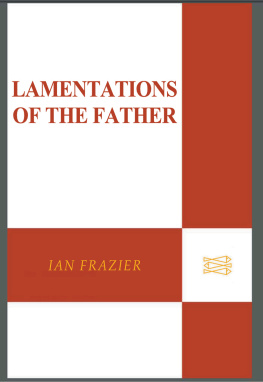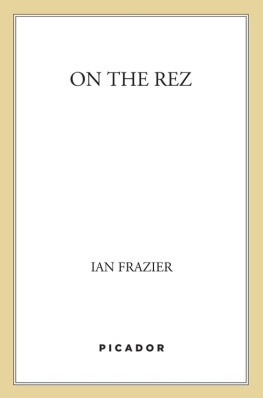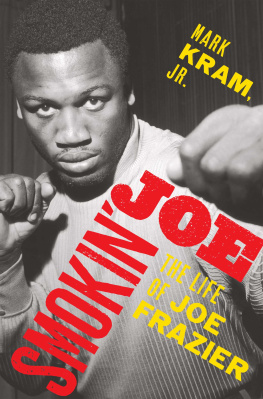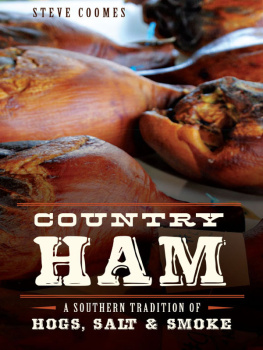Contents
Guide

The author and publisher have provided this e-book to you for your personal use only. You may not make this e-book publicly available in any way. Copyright infringement is against the law. If you believe the copy of this e-book you are reading infringes on the authors copyright, please notify the publisher at: us.macmillanusa.com/piracy.
It was the winter that Bernhard Goetz shot the four guys on the subway. The subway vigilante, as news stories called him, had just surrendered to police, and everybody had an opinion about what he did and whether he was wrong or right. I was living in northwest Montana, in a house on the side of the Swan Mountains, as far up as you could go before national-forest land. Past the Swan range, behind the house, began the Bob Marshall Wilderness, one of the largest national-wilderness areas in the lower forty-eight states. At the foot of the mountains was the valley of the Flathead River. From clear across the valley you could see the light above our garage door.
When I moved to Montana from New York, Id thought I was going back to some earlier and better version of America, to an Ansel Adams photograph suspended in time. Of course, Montana isnt like that, nor (as far as I know) is anywhere else. Nowadays, the particular nuttiness of the age surges everywhere instantly, like a magnetic field. Sometimes half the drop-offs at local U-Haul rental places come from California, and whenever upheaval happens therean earthquake, a riotthe number of refugees seems to go up. A lot of people in Montana arent so much living there as they are not living somewhere else.
That winter, the Bernhard Goetz winter, it really snowed. A hard snowfall makes you feel excited and cozy for only about ninety minutes, I found; after that, it becomes irritating, then worrisome, then alarming, and so on, sometimes all the way to panic. Writing, with its limitations at expressing tedium, cant accurately convey the feeling of watching a steady, hard, unpicturesque, windless snowfall come down for days at a time. Snow piled high on our front deck and on our roof. Sometimes the roofs snow mass, warmed underneath by the heat it was insulating, would slide down until it met the snow heap on the deck and then freeze there, shutting off the front of the house like a security gate. The driveway to that house was two hundred yards long and included a switchback. I kept it shoveled through the first several snowfalls, but then gave up. Getting it plowed cost more than I could afford, so my wife and I began parking our cars at a wide part of the road about a quarter mile downhill. One of our neighbors, a man named (lets say) Len Dodd, parked his car there, too. Len Dodd had moved here from Southern California, where he had been a policeman. He had been inspired to move by various long-cultivated dislikes and resentments, combined with a general expectation of coming apocalypse. He talked about these topics in a manner that managed to be tight-lipped and loquacious at the same time. He was short and stocky, with a bristly mustache and narrow eyes, and he often wore a billed cap of a wild, vivid paisley pattern that suggested the scrambled contortions of the thoughts inside.
Len Dodd thought that the subway vigilante was great. He talked about him often, said that Goetz had taught the punks of the world a lesson, hoped that now more people would start carrying concealed weapons on the subway, etc. I was still young enough and game enough to argue. One afternoon, we were standing by our cars for a moment before setting out on the long trudge to our houses, and Len Dodd said that Goetz had to shoot the guys, because they were threatening him and they were armed. I said that they werent armed; they had screwdrivers. He said that those werent ordinary screwdrivers, they were sharpened screwdrivers. I saidI had just read an article discussing the subjectthat the screwdrivers werent sharpened. Len Dodd gave me a narrow, in-the-know look, lowered his voice, and said, Thats not what I heard.
I looked down the road and up it. Repeated plowings had left the snow berms so high that the tire-packed track in between was like a bobsled run with white walls taller than a person. Snow had fallen the night before, reburdening the trees all the way to the crest of the Swans, whose topmost spruces and pines stood minutely whitened against the sky like fine-edged crystals of frost on a windowpane. The muffling of new snow added an extra hush to the woods usual silence, and the painfully cold air carried no smell but that of the gigantic blankness of the Bob Marshall Wilderness beyond. Not even a deer had ventured up here for months. Len Dodds gaze became more intense, as if to convey a hidden truth to me by mental telepathy. Where did you hear that, Len? I asked.
December 22, 2003
The Church of the Holy Apostles, at the corner of Twenty-eighth Street and Ninth Avenue in Manhattan, is a church only two-sevenths of the time. The other five-seventhsevery weekday including holidays, no exception made for weather, fire, or terrorist attackit is the largest soup kitchen in New York City. It serves an average of about twelve hundred meals a day, though the number often spikes higher; on a recent Columbus Day, the number of meals served was 1492. As a church, Holy Apostles is a not large and not wealthy parish in the Episcopal Churchs Diocese of New York. As a soup kitchen, it has lasted for more than twenty-five years, since back in the first Reagan administration, and has served more than six million meals.
I know about the soup kitchen because I am one of the teachers of a writers workshop that meets there after lunch on Wednesdays in the spring. I started the workshop fourteen years ago, with the help of a grant. I wanted to do something with the soup kitchen because I admired the people there and the way it is run and the whole idea of it. There are so many hungers out there; the soup kitchen deals, efficiently and satisfyingly, with the most basic kind. I consider it, in its own fashion, a work of art.
To walk into the church while lunch is going on is to enter one of the citys defining public spaces. The building, which turned 160 this year, was declared a New York City Landmark in 1966. It has a high, arched cathedral ceiling supported by cylindrical pillars that rise to Tuscan-style groined arches. Natural light comes into the nave through tall and narrow stained-glass windows whose age and artistry make them rarities in themselves. But as for traditional church fanciness, thats about it. Most strikingly, the church has no pews. From the baptismal font, at the back of the church, to the steps of the altar, ninety feet away, no pews or carpet or other fixtures interrupt an open expanse of stone tiles, whose foot-polished smoothness suggests a dance studio or the floor of Grand Central.
People who work for the soup kitchen set up round dining tables and metal folding chairs in the main part of the church every lunchtime. The soup-kitchen guests wait in line on the sidewalk outside, receive meal tickets, file through the serving stations in the Mission House adjoining the church, fill their trays, come into the church, sit down, and eat. The meal, which lasts from ten thirty to twelve thirty, takes place in a murmur of dining noises sometimes accompanied by music on the churchs piano or organ beneath (if the day is sunny) shafts of stained-glass light. Most guests finish eating in twenty minutes or half an hour and are on their way. Formerly, when the church was not used for dining, you ate in a smaller room in the Mission House and had to be finished in seven and a half minutes. Now you can take your time.


